The Texas A&M Institute of Data Science (TAMIDS) is proud to announce the 2023 Data Science Student Ambassadors. The Sixteen Texas A&M University PhD students will serve as representatives for TAMIDS and champions for Data Science in their respective departments during the 2023/2024 academic year. Established in 2022, the TAMIDS Data Science Student Ambassador Scholarship Program provides ambassadors with leadership, technical, and training skills which they practice through engagements that they proposed in their home departments. The competitive program aims to help ambassadors become agents for change who will catalyze the adoption of Data Science, both at Texas A&M University and in their subsequent careers. Each Ambassador receives a $2,000 scholarship that qualifies them for the Non-resident Tuition Waiver for Competitive Scholarship Recipients.
Project Kickoff Meeting
The ambassadors joined a program kickoff meeting on August 18. During the meeting, the ambassadors introduced themselves and talked about their expectations of the program and action items to promote data science in their colleges/schools. Dr. Jian Tao, TAMIDS Assistant Director and Assistant Professor in the School of Performance, Visualization and Performing Arts who serves as Technical Advisor for the program, welcomed the ambassadors and introduced TAMIDS and the program. “The enthusiasm and commitment of our students never cease to amaze me.” said Dr. Tao, “Our ambassadors play a critical role in bridging the gap between Data Science and the broader student body. As we move forward, I am excited about the future of Data Science at Texas A&M and the lasting impact our ambassadors will have in shaping that journey.”
Jiaxin Du, a returning student ambassador, says “Being a part of the TAMIDS Data Science Student Ambassador Program has been a transformative experience for me. It’s not just about representing TAMIDS, but also about fostering a community of data enthusiasts and promoting the importance of data science across various disciplines. The program has equipped me with invaluable skills and a platform to advocate for the integration of data science in academia and beyond. I am truly honored to be a returning ambassador and look forward to another year of collaboration, growth, and driving positive change within the Texas A&M community.”
Industry Sponsorship

The Data Science Ambassador Scholarship Program is supported in part by external sponsorship. We gratefully acknowledge support from TAMIDS Industry Affiliates Chevron and ConocoPhillips for this and other student education, research, and engagement programs. Please contact Dr. Nick Duffield, TAMIDS Director, for inquiries about supporting our programs.
The 2023 Data Science Student Ambassadors
Hussein Al Jebaei
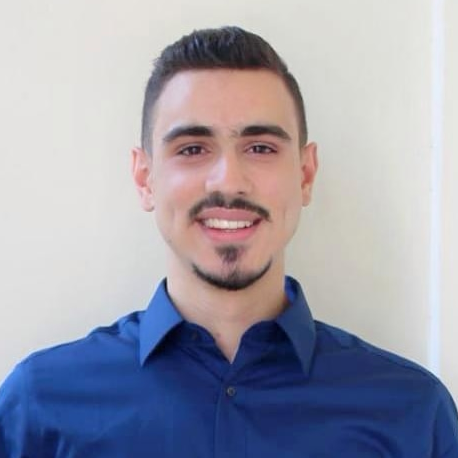
Department of Construction Science
Ph.D. Project: Hussein’s research centers around the simulation of energy usage and thermal comfort in buildings. He is particularly interested in implementing smart controls for HVAC systems in order to personalize microclimates in buildings, ultimately leading to a reduced energy consumption.
Ambassador Objectives: Hussein aims to enhance the understanding of Data Science, particularly among graduate research students in the Construction Science department. This is essential because research is progressively taking on an interdisciplinary nature, demanding a solid grasp of data science concepts for researchers in this field.
Megan Bodily

Department of Sociology
Ph.D. Project: Megan’s research is on racial and ethnic identities and research methodologies.
Ambassador Objectives: Megan plans to establish a data science literacy program built on three principles: Awareness, Community, and Empowerment. Data scientists also engage in the ‘how’ and ‘why’ knowledge is being generated; therefore, pairing epistemology with the technical tools enables us to have a more comprehensive understanding of data science.
Jiaxin Du
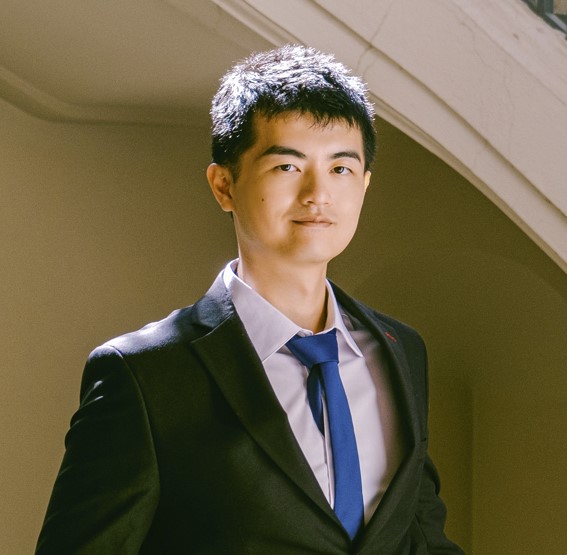
Department of Landscape Architecture & Urban Planning
Ph.D. Project: Jiaxin’s research is on robust heterogeneous spatial-temporal network models.
Ambassador Objectives: Jiaxin seeks to promote Spatial Data Science and interdiscplinary research with Artificial intelligence.
Benjamin Hoose
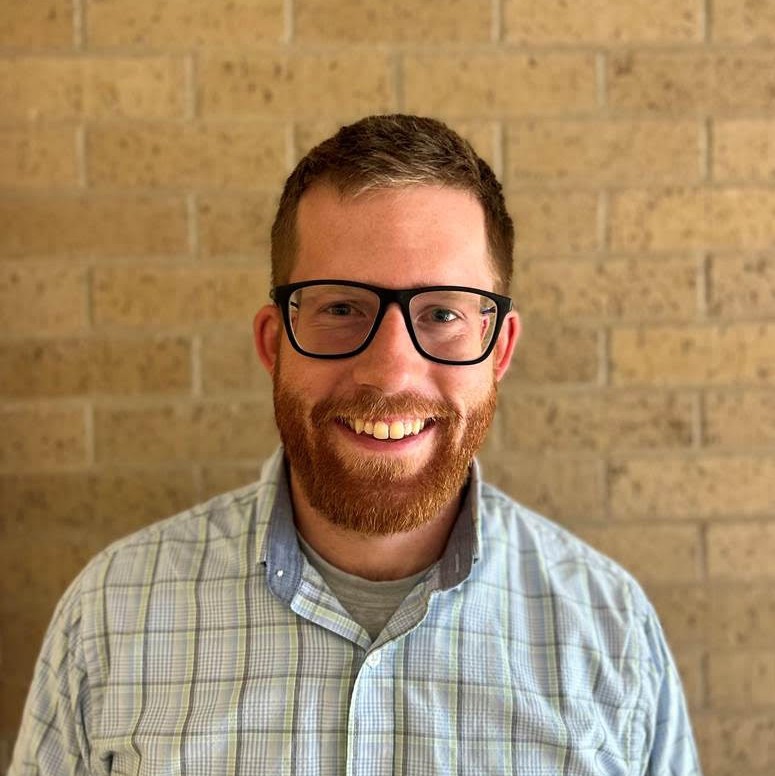
Department of Rangeland, Wildlife & Fisheries Management
Ph.D. Project: Ben’s Ph.D. research involves developing explanatory and predictive models that relate long-term species monitoring data with habitat data derived from satellite imagery to answer basic and applied questions about scaled quail ecology and management across a large spatiotemporal scale.
Ambassador Objectives: His primary objective as data science ambassador is to empower RWFM students to elevate their research by adopting data science principles. He hopes to accomplish this by introducing general data science principles through seminar-style lectures and by addressing specific individual needs during scheduled office hours.
Sally Ayers Klimek
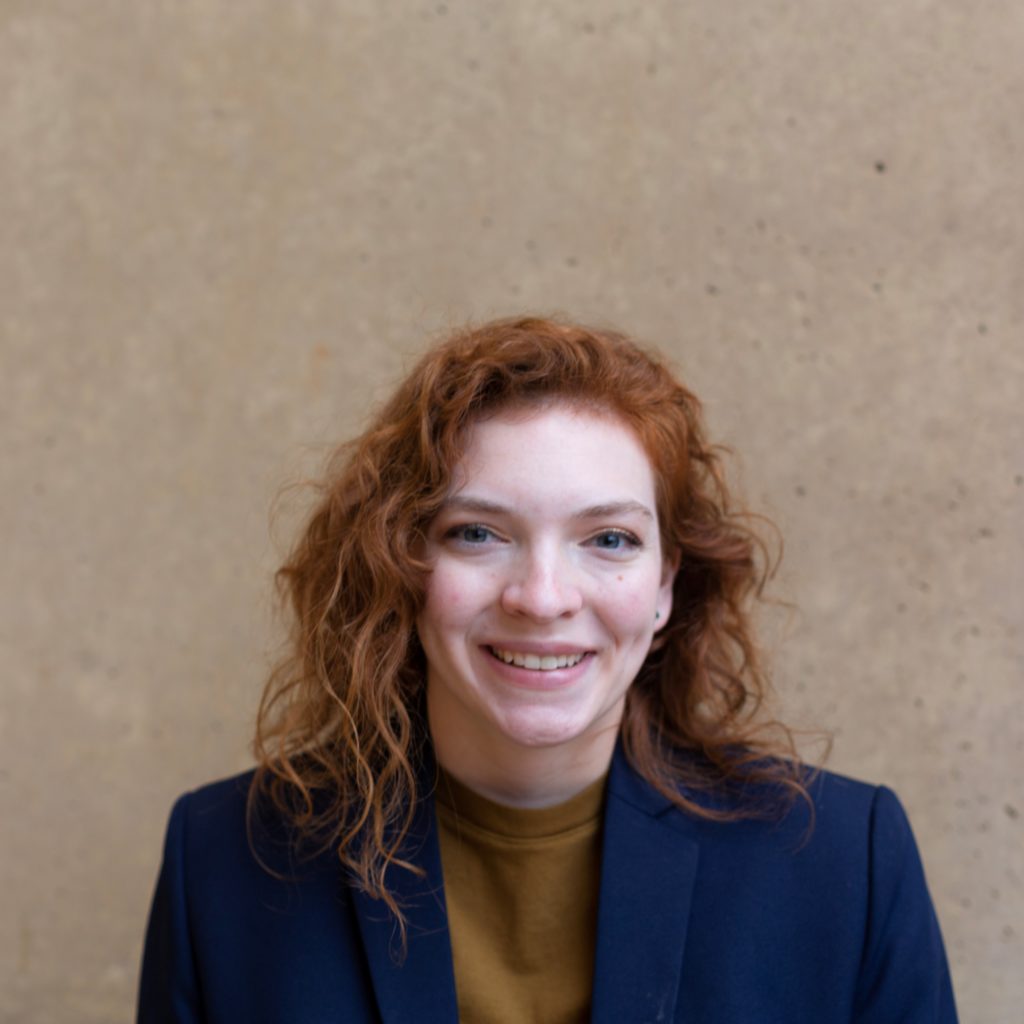
Department of Health Behavior
Ph.D. Project: Sally’s research is on longitudinal, egocentric network analysis of survivors of sexual violence’s support networks.
Ambassador Objectives: Sally will serve as the point person for students who need social network analysis (SNA) assistance. She also plans to host workshops or provide on-demand sessions that will walk students through information on the theory and methods of SNA and the use of R and other software for SNA.
Jialin Lai
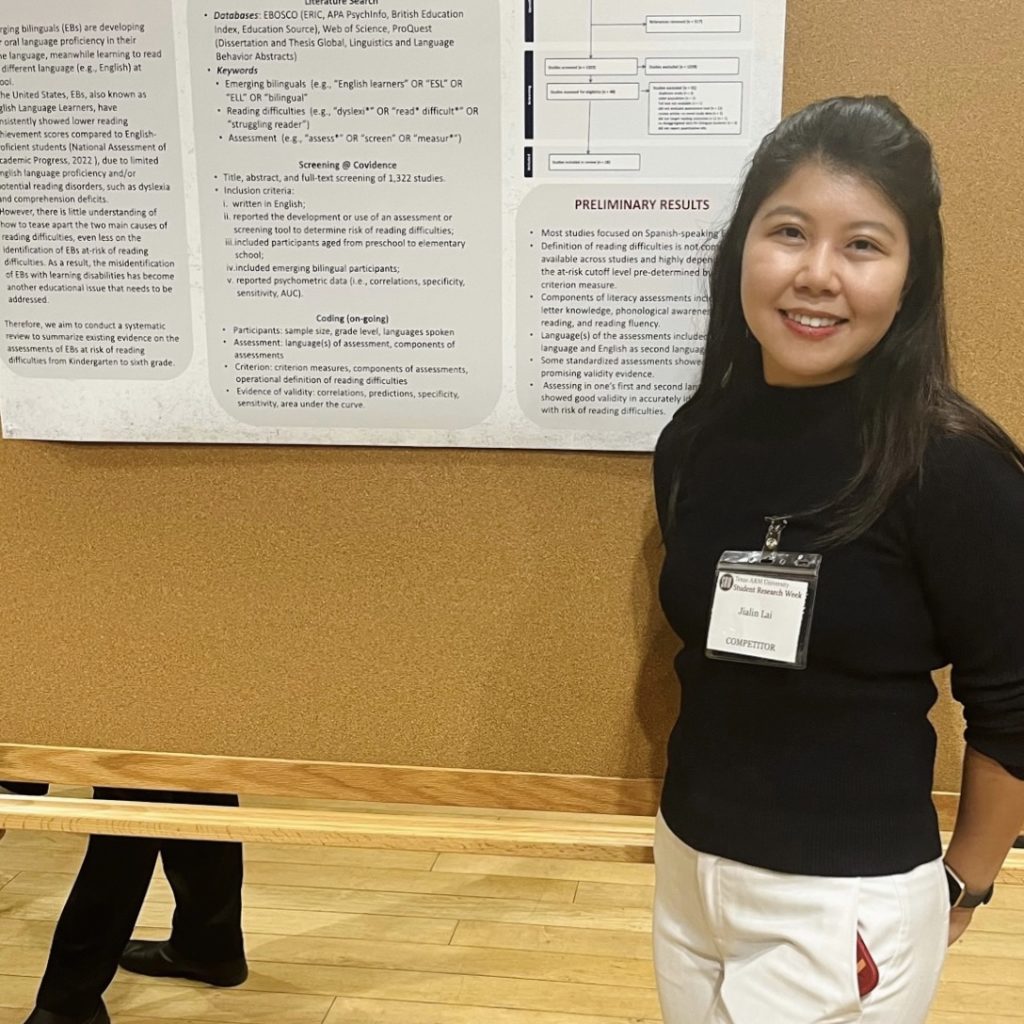
Department of Teaching, Learning, and Culture
Ph.D. Project: Jialin’s research interest lies in early reading development and assessment among second language learners, especially those at risk of reading difficulties. She is also interested in characteristics and identification of reading disabilities across different writing systems.
Ambassador Objectives: Data science is a promising technique to analyze educational data and make data-informed decisions in education. Jialin aims to deepen her understanding of data science and communicate it to a broader audience, including educational researchers, undergraduate students, and in-service teachers.
Fabian Leon
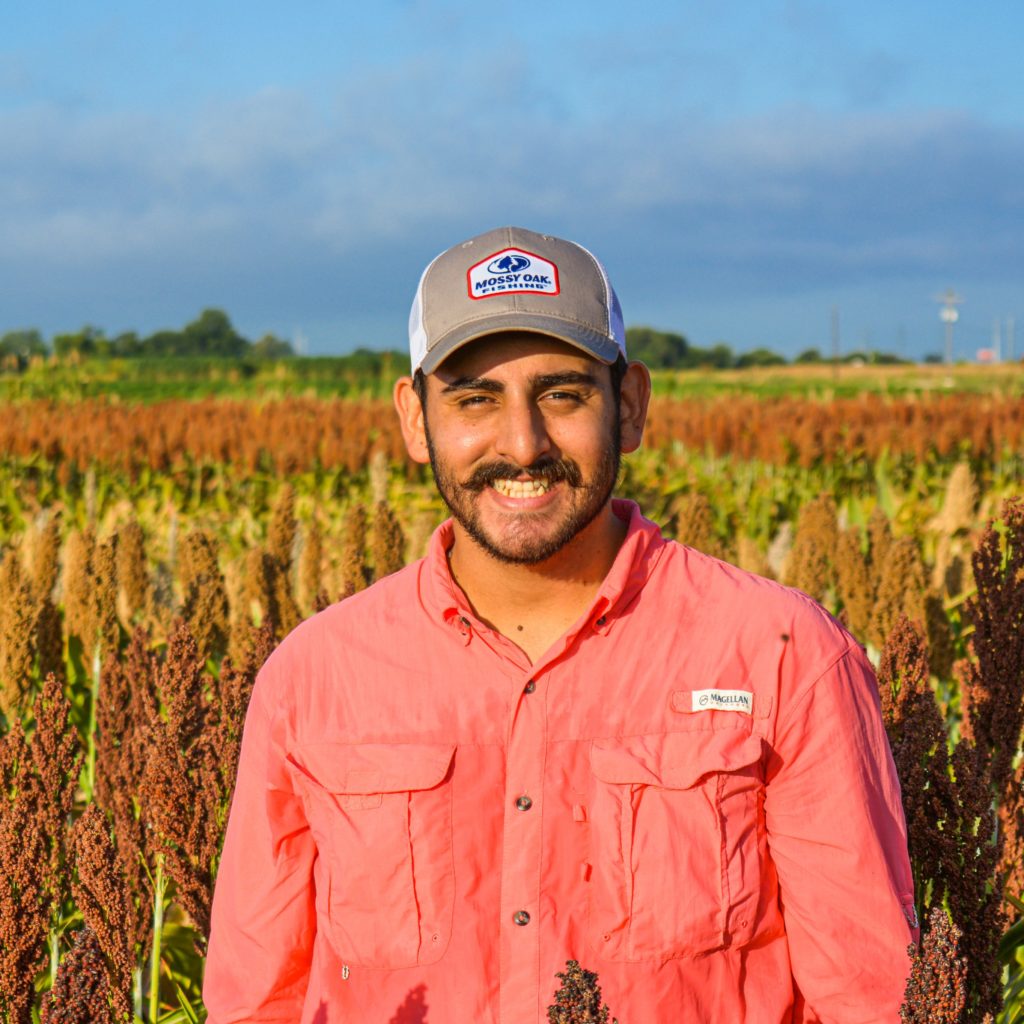
Department of Soil and Crop Science
Ph.D. Project: As part of the sorghum breeding and genetics research program, Fabian assists in developing grain, forage, silage, and energy sorghums for improved productivity and stress resistance in Texas. He applies statistical quantitative genetics and develop genomic selection models to predict hybrid sorghum performance..
Ambassador Objectives: As a Data Science Ambassador, Fabian seeks to involve the Soil and Crop Science graduate students in adopting reproducible data science methods. He’ll empower them to confidently explore advanced coding and data science techniques that our department currently lacks exposure to, fostering innovation and proficiency in research practices.
Luis Obdulio Aguilar Loo
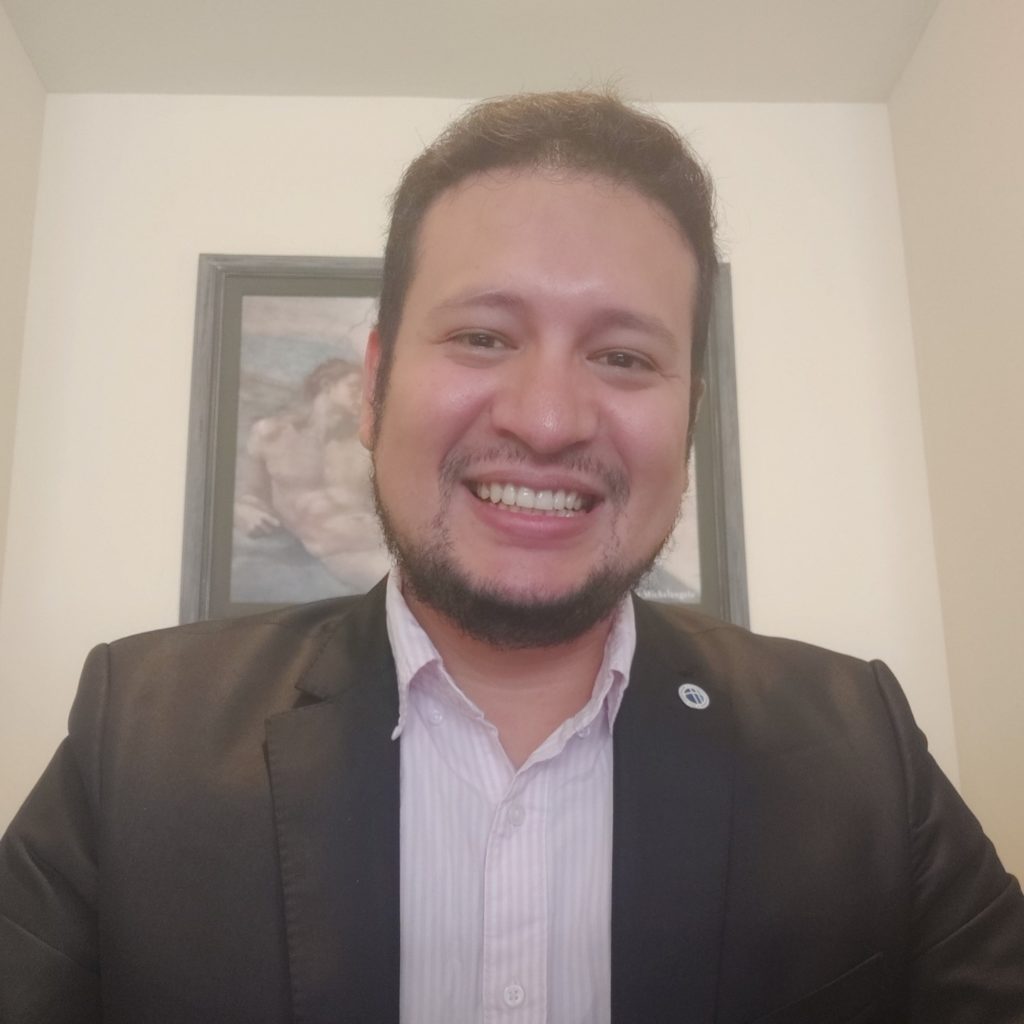
Department of Electrical and Computer Engineering
Ph.D. Project: Luis’s research lies in synergizing swarm intelligence, evolutionary computation, and neural networks to enhance Physics Informed Neural Networks (PINNs). Investigating the potential of intelligent algorithms, including, but not limited to, particle swarm optimization and genetic algorithms, to optimize neural architectures for accurate solutions of differential equations, bridging computation and physics for enhanced predictive modeling.
Ambassador Objectives: Luis plants to empower his academic community with the transformative potential of Data Science. Through thoughtfully crafted engagements and workshops, he aspires to cultivate Data Science literacy among peers, enabling them to harness insights from data and drive innovation. Together, we’ll enhance a culture driven by data-driven excellence, providing tools and fostering a space for learning and reflection.
Kaushik Manikonda
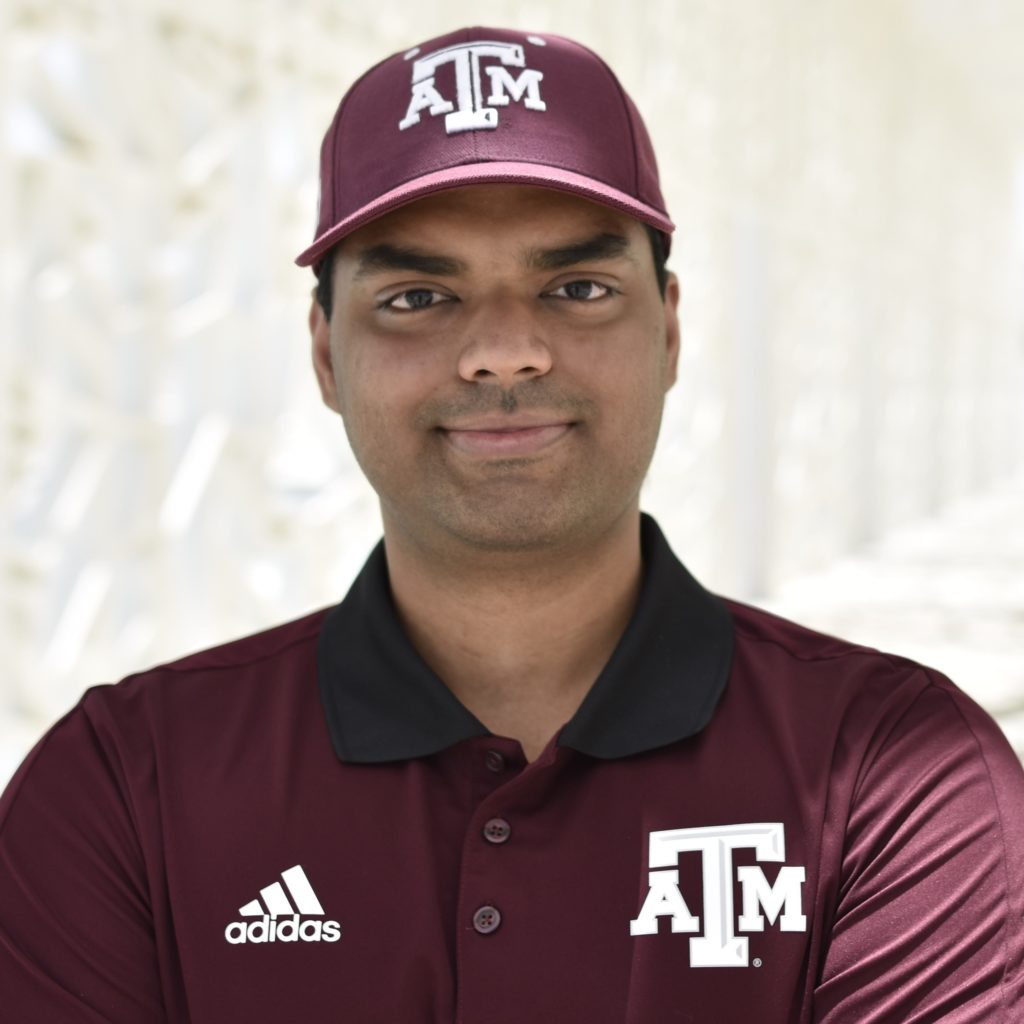
Department of Multidisciplinary Engineering
Ph.D. Project: Kaushik’s research is on machine learning and deep learning applications for oil & gas drilling, well control, and multi-phase flow.
Ambassador Objectives: Kaushik will leverage his current role, experience, and connections as a senior data scientist at Dell Technologies to expose more Texas A&M University students to available industry opportunities in Data Science, Data Engineering, and Machine Learning Engineering. He will help eager TAMU students through Data Science career guidance, mentorship, and technical help.
Debasish Mishra
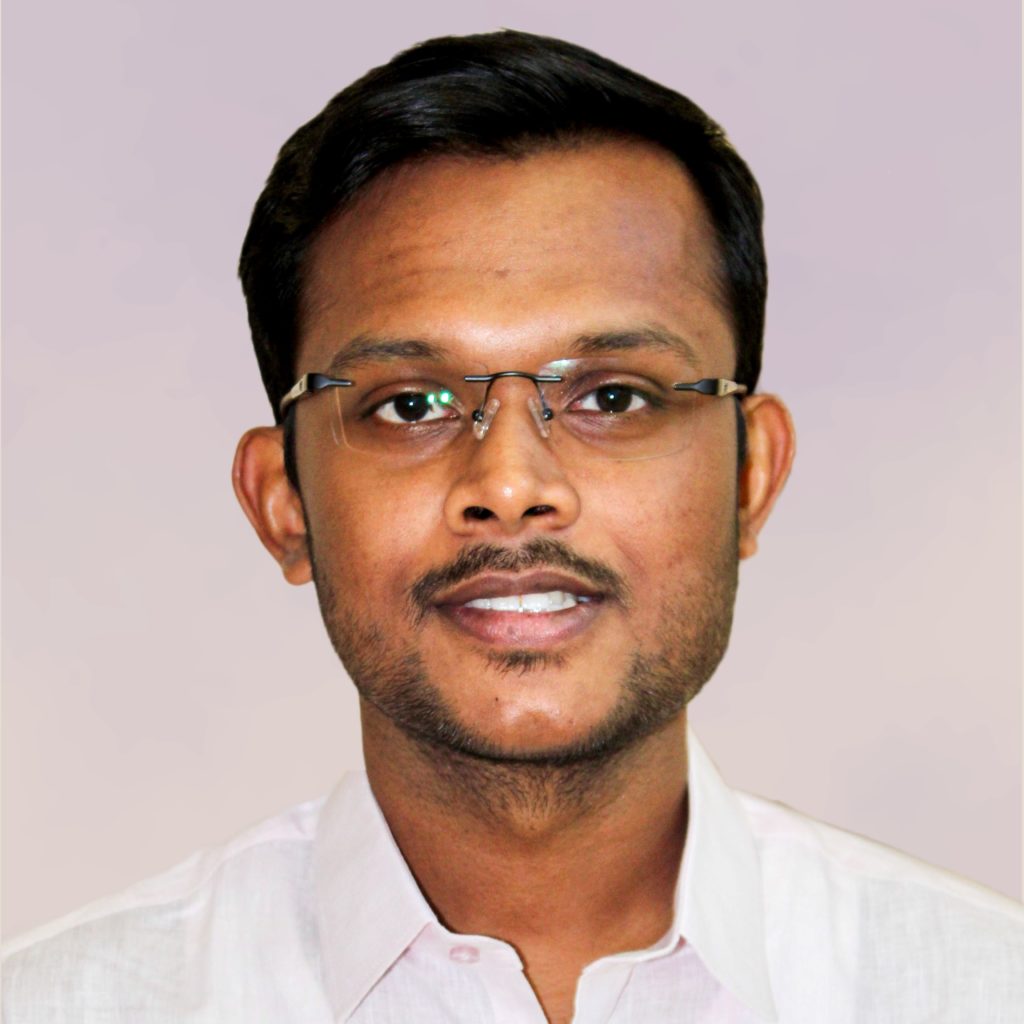
Department of Biological & Agricultural Engineering
Ph.D. Project: Debashish’s research lies in scaling principles of terrestrial water-energy coupling.
Ambassador Objectives: Debasish plans to conduct workshops on Large-Scale Geospatial Analysis using parallel computing and HPRC environment, develop and proliferate hypothesis building and testing using publicly available datasets for various research interests, and streamline pre-processing workflows in Geospatial analysis for statistical and physics-based problems.
Raul Oswaldo Palomino Berrocal

Department of Anthropology
Ph.D. Project: Raul compares Iberian ship designs from the 16th and 17th century through three-dimensional reconstructions based on archaeological remains. Hydrostatic analyses will be performed on these 3D models to determine the sailing features and characteristics of the hull design. The data obtained from these tests will be compared statistically to obtain the model values and degree of variation of the “Iberian ship”.
Ambassador Objectives: Raul’s personal objective as a data ambassador is to spread the application of data science into the humanities and social sciences research since it is a field where it is not applied as much as it could be.
Benjamin D. Schulte
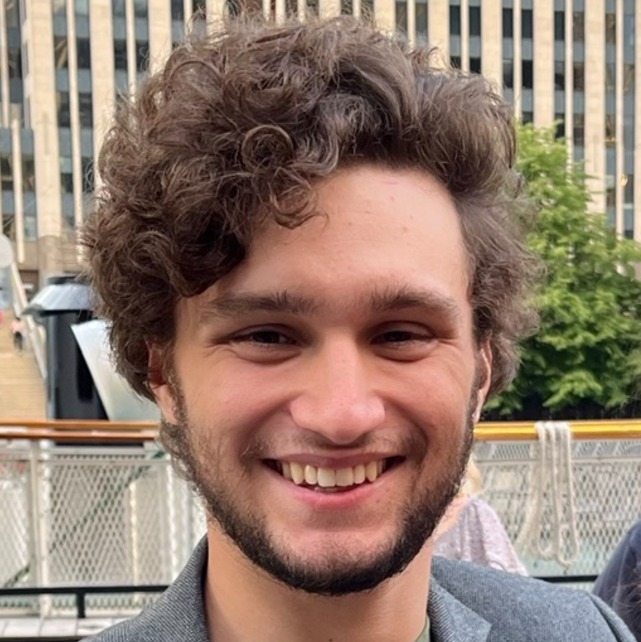
Department of Psychological & Brain Sciences
Ph.D. Project: Benjamin’s research interests are in personnel and organizational psychology. Some topics of interest include training, recruitment and selection, psychometrics, and mistreatment.
Ambassador Objectives: Benjamin will conduct Data Science Training Audits that evaluate effectiveness of PBSI data science education, and generate recommendations regarding course design and content. He will also host R Training Sessions to disseminate R programming knowledge and skills ranging from basic applications to advanced analyses and techniques. Lastly, he will hold Bring Your Own Data Workshops–weekly office hours offering personalized data science guidance.
Sean Stanelle
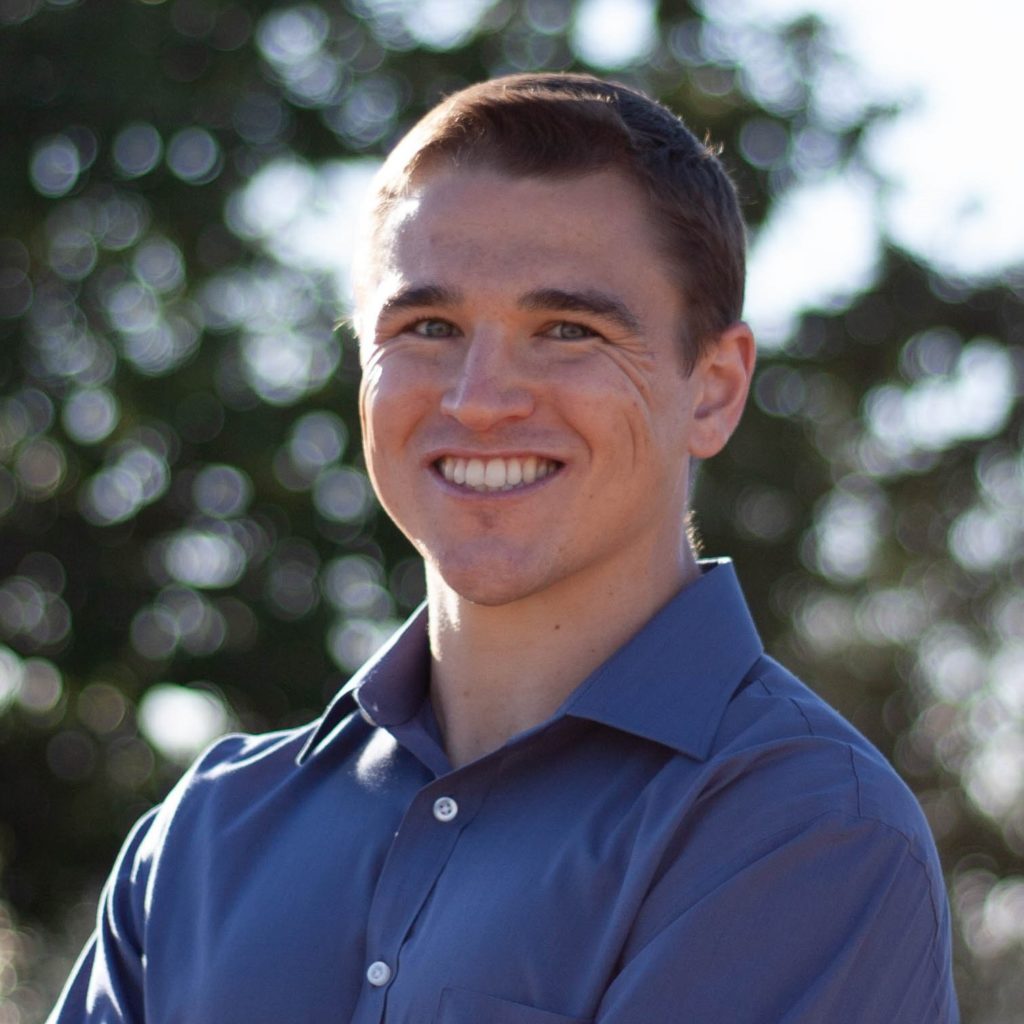
Department of Kinesiology and Sport Management
Ph.D. Project: Sean’s research is on analyzing and predicting physical fatigue and its interaction with mental and sleep deprivation fatigue using wearable data and countermovement jump measures.
Ambassador Objectives: Sean plans to provide education and training opportunities for departmental students and researchers on data science techniques and tools. Training opportunities may include holding monthly workshops and weekly one-on-one drop-in consulting sessions that focus on the integration of data science methods into exercise physiology and sports science research.
Ranyue (Rachel) Xiao
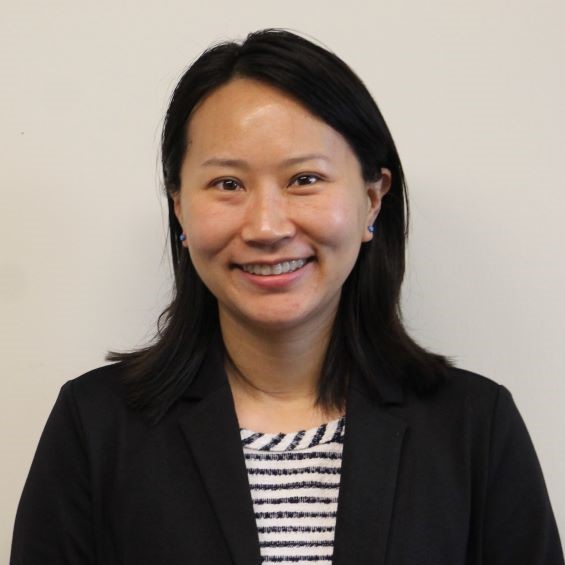
Department of Hospitality, Hotel Management, and Tourism
Ph.D. Project: Rachel is interested in studying the social and economic impact of public green spaces. She specifically focuses on the impact of smart design on enhancing user experiences.
Ambassador Objectives: Rachel will use focus groups to explore the specific data needs of the graduate students at HHMT to provide targeted help in assisting the graduate students achieving their professional goals.
Yuhao Zhong
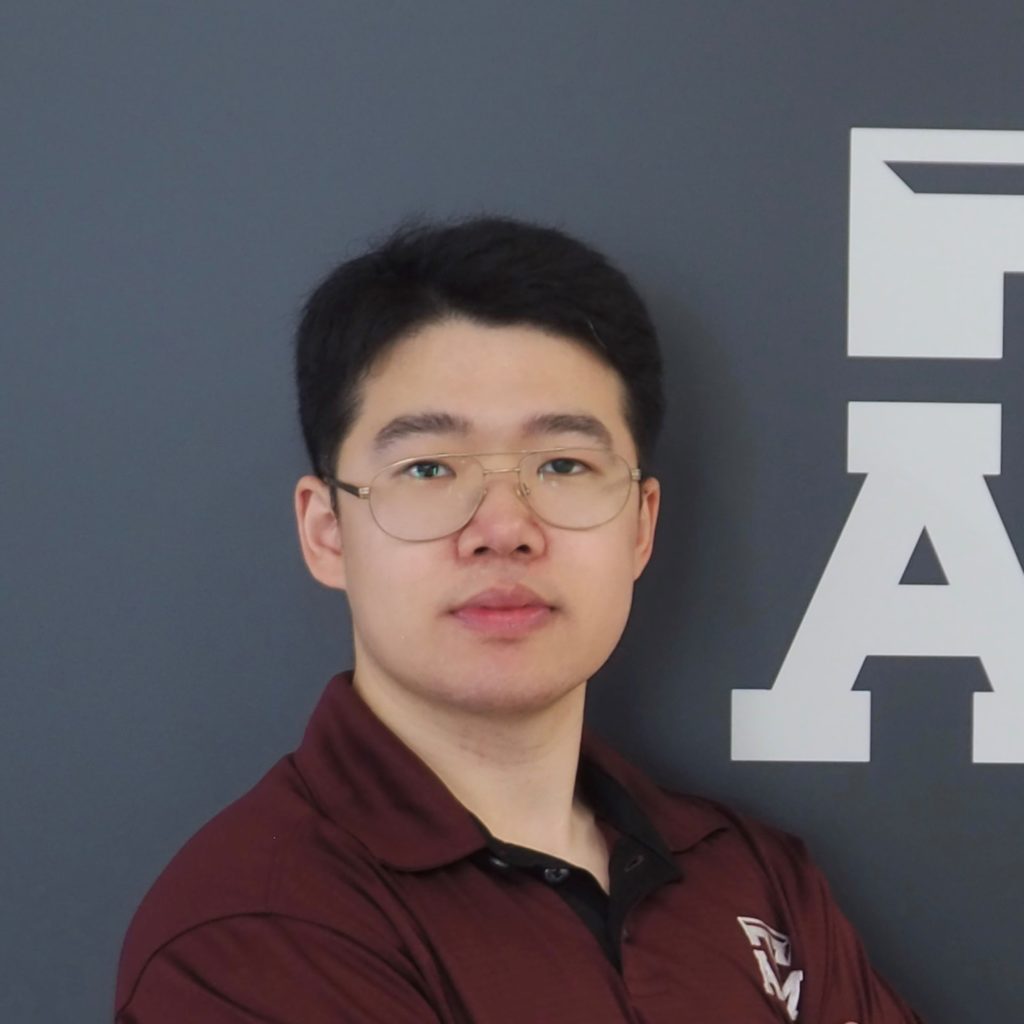
Wm Michael Barnes ’64 Department of Industrial and Systems Engineering
Ph.D. Project: Yuhao research lies in the intersection of data science, manufacturing, and healthcare. He is interested in discovering the knowledge inherent in data and the insights gained through machine learning models and their weakness. He is also dedicated to leveraging these newfound understandings to drive impactful solutions to real-world problems.
Ambassador Objectives: Yuhao plans to deliver tutorials on fundamental data science topics, such as data visualization and data preprocessing, arrange sessions with invited speakers from academia or industry, deliver tutorials on explainable AI methods, covering both foundational concepts and programming and Advocate for other TAMIDS activities and events.
Chunwu Zhu
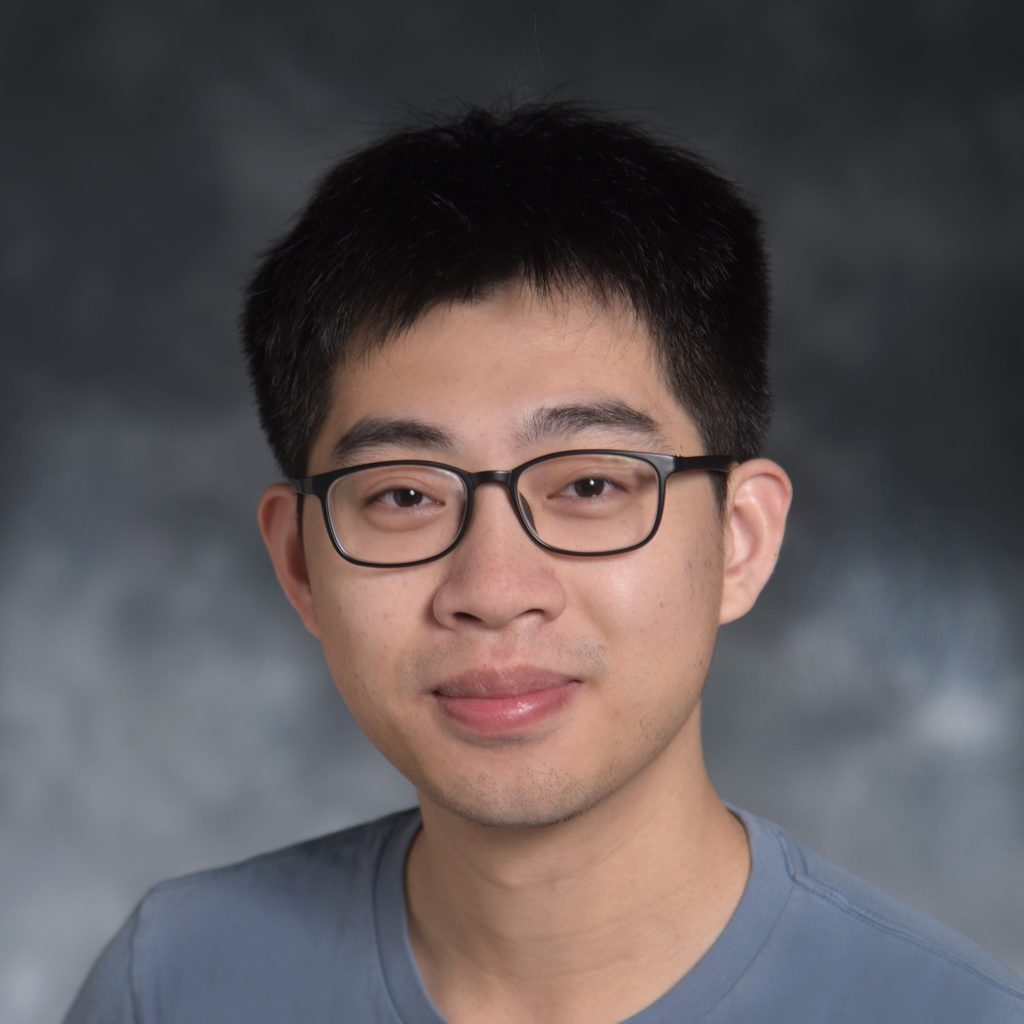
Department of Landscape Architecture and Urban Planning
Ph.D. Project: Chunwu’s doctoral research aims to investigate the impact of the distribution and quality of road traffic infrastructure on pedestrian and bicycle accidents by utilizing machine vision models to detect road traffic infrastructure. Specifically, he will examine whether underserved communities in Houston have inadequate transportation infrastructure and whether this inadequacy leads to a higher risk of traffic accidents.
Ambassador Objectives: Chunwu’s objective for the Ambassador project is to create an inventory of bike lanes by using a computer vision model to detect bike lanes in street view images. He has gathered approximately 3 million street view images, from which we can identify bicycle-related traffic signs and bicycle-related lane markings . This information will help us determine whether a road segment has a bike lane or not.



